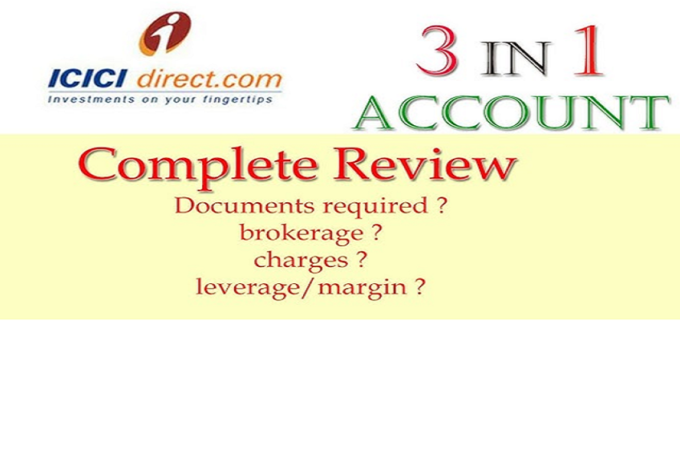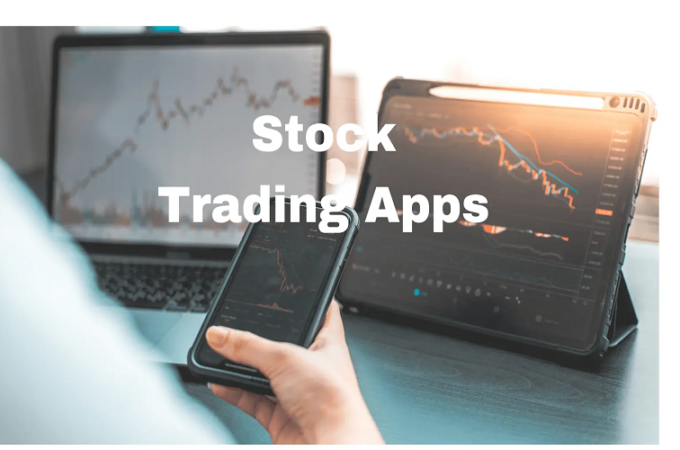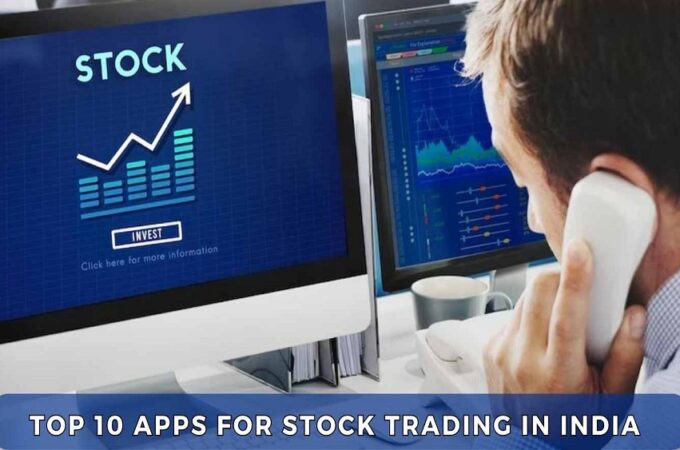
Reasons Why You Should Invest in an ETF
Investing in an ETF (Exchange-Traded Fund) is a great way to diversify your portfolio and potentially maximise returns while mitigating some of the market risk associated with stock investing. By buying into an ETF, you are gaining exposure to multiple underlying assets all at once, which makes them incredibly attractive for long-term investors.
With so many advantages available through an ETF investment, it is no wonder that more people are choosing them as part of their overall portfolio strategy – but what exactly is the lure? In this article, we’ll discuss why investing in an ETF should be considered part of any savvy investor’s outlook.
Understand the Basics of ETF Investing and its Benefits
Investing in ETFs can be a wise financial choice for those who want to diversify their portfolios. ETFs, or Exchange-Traded Funds, offer a variety of benefits such as lower fees, instant diversification, and flexibility. Unlike traditional mutual funds, which are only traded once daily, ETFs can be bought or sold like stocks throughout the trading day. It allows investors to react quickly to market changes and adjust their portfolios accordingly.
Additionally, ETFs can offer exposure to specific sectors or markets, allowing investors to target specific areas of the economy. By investing in ETFs, investors can achieve a well-rounded and diversified portfolio, ultimately helping to minimise risk and maximise trading potential.
Explore the Different Types of ETFs
ETFs come in various types, and each type has its unique characteristics. For example, some ETFs track a specific index of a stock market, such as the S&P 500 or Nasdaq. These ETFs allow investors to gain exposure to a broad range of stocks with just one investment. There are also bond ETFs which provide exposure to fixed-income securities such as government bonds or corporate bonds. These ETFs can potentially offer a steady income stream through regular interest payments.
Commodity ETFs, on the other hand, provide exposure to physical commodities like gold, oil, or agricultural products. By investing in commodity ETFs, investors can diversify their portfolios and potentially benefit from price movements in these assets.
Consider the Risks and Rewards of Investing in an ETF
As with any investment, there are risks involved in investing in ETFs. One of the main risks is market volatility, as the value of an ETF can go up and down along with the underlying assets it tracks. However, this risk can be mitigated through proper diversification and a long-term investment strategy. ETFs also have lower fees than traditional mutual funds, making them a more cost-effective option for investors.
On the other hand, the rewards of investing in ETFs can be significant. With the potential for high returns and the ability to easily buy and sell throughout the trading day, investors can take advantage of market opportunities and potentially see more significant gains.
Research Companies With a Good Track Record of Performance
When considering investing in an ETF (Exchange-Traded Fund), it is crucial to conduct thorough research on the companies that manage them. By examining their track record of performance, you can gain confidence and trust in their ability to handle your investments effectively.
Furthermore, it is essential to consider the fees associated with each ETF. These fees can vary significantly between different providers, and it is necessary to compare them diligently. Selecting an ETF with reasonable costs ensures that you are not burdened with unnecessary expenses, ultimately potentially maximising your investment returns and financial success.
Understand the Fees and Costs Associated with Investing in an ETF
While ETFs generally have lower fees compared to traditional mutual funds, it is still essential to understand the costs involved. These costs can include management fees, operating expenses, and trading commissions, which may vary depending on the ETF.
Additionally, investors should also be aware of any potential tax implications associated with investing in an ETF. It’s important to note that some ETFs may distribute capital gains to investors, and these capital gains could result in taxes being owed. It’s always a good idea to consult with a tax professional or financial advisor to fully understand the tax implications and make informed investment decisions.
Monitor Your Investments Regularly to Ensure You’re Getting the Most Out of Your Trades
Once you have invested in an Exchange-Traded Fund (ETF), it is crucial to regularly monitor your investments to ensure they are performing as expected. It involves closely tracking market trends, analysing the performance of your portfolio, and making necessary adjustments to optimise your returns.
Monitoring your investments allows you to stay informed about market conditions, identify potential opportunities, and mitigate risks. By keeping a watchful eye on your ETFs, you can take advantage of favourable market conditions and make informed decisions about when to buy, hold, or sell.





